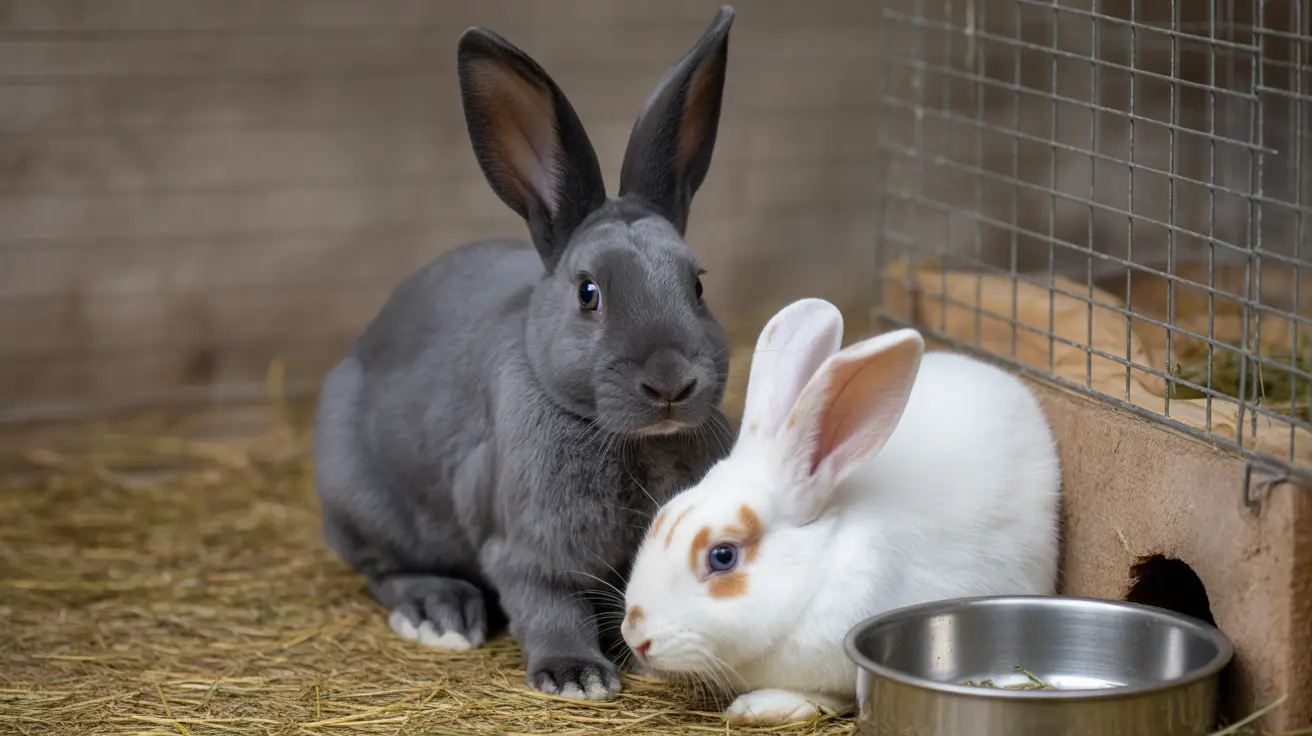Can Dogs Eat Hard-Boiled Eggs? A Complete Guide for Pet Owners
Many dog owners wonder whether it's safe and healthy to feed their furry companions eggs. The answer is yes—dogs can eat hard-boiled eggs as long as they are served properly. Eggs are a highly nutritious addition to a dog’s diet, packed with essential nutrients that support overall health. However, there are some important guidelines to follow to ensure that eggs are a safe and beneficial treat for your pet.
The Nutritional Benefits of Eggs for Dogs
Eggs are considered a complete source of protein, containing all nine essential amino acids. They are also rich in:
- Healthy fats, which support energy and a shiny coat
- Vitamins such as A, D, E, and several B-complex vitamins
- Minerals including iron, selenium, calcium, phosphorus, and zinc
These nutrients contribute to muscle development, immune system support, and healthy skin and coat. When properly cooked and incorporated in moderation, eggs can serve as an excellent supplement to your dog’s regular diet.
Why Hard-Boiled Eggs Are a Good Choice
Cooking eggs neutralizes avidin, a protein in raw egg whites that interferes with the absorption of biotin (a B vitamin). Cooking also kills potential bacteria and pathogens like salmonella or E. coli, making the eggs safe for both dogs and their human handlers. Hard-boiled eggs are prepared without added oils, seasonings, or other ingredients, making them an ideal choice.
How to Serve Hard-Boiled Eggs to Your Dog
- Always peel and chop the egg into small pieces to prevent choking
- Serve plain—no salt, butter, oil, spices, or condiments
- Cool the egg completely before feeding
- Add occasionally as a treat or meal topper
Hard-boiled eggs can be crumbled over regular dog food or offered as training rewards. For dogs new to eggs, start with a small portion and observe for any digestive issues or allergic reactions.
Recommended Serving Sizes
While eggs are healthy, they are also high in fat and calories. Moderation is key. Below are general guidelines for feeding cooked eggs:
- Extra-small dogs (2–10 lbs): up to 1/4 egg, 1–2 times weekly
- Small dogs (11–20 lbs): up to 1/2 egg, 1–2 times weekly
- Medium dogs (21–50 lbs): up to 1 egg, 1–2 times weekly
- Large dogs (51–90 lbs): 1–1.5 eggs, 1–2 times weekly
- Extra-large dogs (91+ lbs): up to 2 eggs, 1–2 times weekly
Eggs should constitute no more than 10% of a dog’s total daily caloric intake. Overfeeding may lead to weight gain or exacerbate conditions like pancreatitis or hyperlipidemia.
Are Eggshells Safe?
Eggshells contain calcium and may be safe for dogs if baked and finely ground into a powder. However, due to choking hazards and potential for injury, consult your veterinarian before supplementing your dog’s diet with ground eggshells.
What to Avoid
- Never feed raw or undercooked eggs
- Avoid deviled, pickled, or fried eggs
- Do not feed spoiled or expired eggs
- Seasoned or processed eggs are unsafe for dogs
Stick with plain, freshly cooked eggs to minimize risks.
Special Considerations for Puppies and Senior Dogs
Puppies and senior dogs can enjoy hard-boiled eggs in adjusted portions based on their specific dietary needs and energy levels. Always start small and consult a veterinarian, especially for dogs with underlying medical conditions or those on prescription diets.
Signs of Allergies or Intolerance
If your dog experiences vomiting, diarrhea, itching, redness, or swelling after consuming eggs, discontinue feeding immediately and consult your vet. While rare, some dogs may have an egg allergy or intolerance.
Alternative Protein Sources
- Boiled or roasted chicken (no seasoning)
- Boneless, skinless turkey
- Cooked salmon or whitefish (no bones or spices)
These options can provide variety without compromising nutrition.
Conclusion
In conclusion, hard-boiled eggs are a safe and healthy treat for most dogs when served in moderation, cooked thoroughly, and kept plain. They provide a dense source of high-quality protein, vitamins, and minerals that support your dog’s health. However, they should complement—not replace—a balanced commercial dog food. Always introduce new foods gradually and seek your veterinarian’s guidance for your dog’s specific needs.





